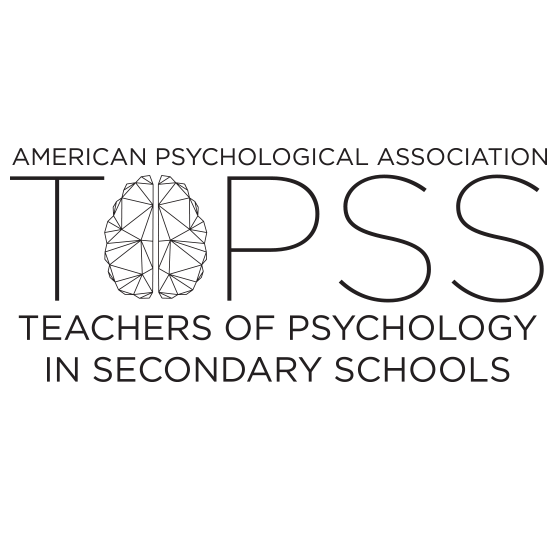
THANKS to the fantastic, dedicated folks at the NCSS Psychology community for another GREAT set of psychology sessions at the NCSS convention!
Below are a few notes from the sessions I was able to attend. Apologies to presenters who I wasn't able get to see.
As you can tell by the notes, NCSS is one of the best conferences psychology teachers can attend - thanks to all the presenters!
-->
Friday 10:00, Hillary and Pete, Mindfulness
Revolution
What is mindfulness? Being
present in the moment, awareness, directed attention (we’d like this for our
students!)
The opposite of
mindfulness is thinking, judgment, multi-tasking - anything not relevant to
what is happening here and now
Bio-psychology of
mindfulness
Applications for
mindfulness in the classroom
The Mindful
classroom
Keith Maddox Tufts
University, 1:00 Friday “Discovering Bias: Challenges and Opportunities for
Organizational diversity”
Trying to translate lab
research into practical implications
Definitions
Who is biased
• GREAT implicit associations demonstration using
slides without technology! REALLY effective
how bias affects us
• confirmation bias and attributional bias
• stereotype threat
• attributional ambiguity
conclusion
• potential strategies - we don’t want to be bias but
we know we are
◦
DON’T try to be
colorblind - not realistic
◦
DON’T try
suppression - will come back to haunt you
◦
DO increase your
awareness - make implicit processes explicit
▪
acknowledge,
recognize, and strategize
Maria Vita: APA/TOPSS Psychology Standards:
Deepening Scientific Inquiry & Literacy
· Connections between the APA High
School Psychology standards and the C3 framework – inquiry!
· Examples:
o
movement
feature detectors – sensation or perception?
o
Is
everything lost when it comes to Alzheimer's or dementia?
o
What
is life like with only one hemisphere?
Rob McEntarffer – Responsive psychology
Argument
for using response systems to check for understanding
· The index card test
· Examples of response
systems
o Poll everywhere
o Kahoot
o Socrative
o EdPuzzle
o Plicker
o Pear Deck
Charlie Blair-Broeker Memory:
remote associates test
in the old days, there
were literally no resources, now there is a barrage
Make it Stick: The
Science of Successful Learning McDaniel,
Roediger
Opening Demo for memory
unit – 107!
Deep processing task
Moonwalking with
Einstein: The art and science of remembering everything - Foer
Loftus constructed memory
replication
All purpose memory demo
Alan Feldman and Rob McEntarffer - Reading Psychology
Conversations about books that might be interesting/useful for high school psychology teachers
- Perry - Behind the Shock Machine
- Haidt - The Righteous Mind
- Eagleman - Incognito
- Show and tell with Alan!
posted by Rob McEntarffer


















